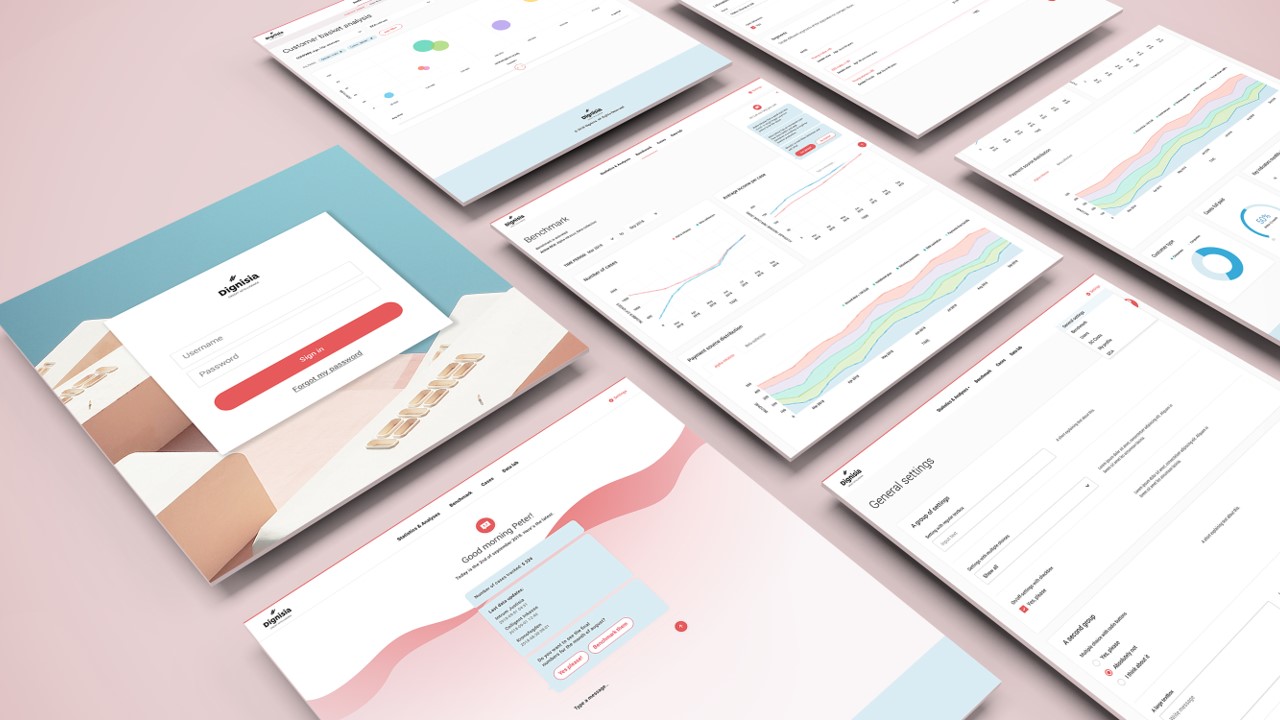Changes to interest rate cap and Consumer Protection Act
05 May 2023, 5:33 GMT

The planned changes to the Consumer Protection Act and the interest rate cap have been confirmed on March 23. The changes will take effect on October 1.
The changes approved to the interest rate cap and the Consumer Protection Act will have the most significant effects on payment service companies that offer consumers the option to pay by invoice or in installments.
Confirmed amendments to the Consumer Protection Act on March 23, 2023 contain various changes, e.g. to the interest rate ceiling, good lending practices, the order of payment methods offered in the online store and the obligation to identify purchases made with an invoice in the online store with strong authentication (SCA). The changes enter into force on 1 October 2023.
The changes will especially affect payment service companies that have offered consumers the opportunity to pay for their online purchases by invoice or in installments with an interest rate of more than 15%. In addition, the changes will have an impact on certain credit cards and unsecured consumer loans.
When the Consumer Protection Act changes on 1 October 2023, the new interest rate ceiling will be the reference interest rate according to the Interest Rate Act plus 15 percentage points.
However, in the law that enters into force, the total interest rate on the loan may not exceed 20 percent at any point.
What will change?
- The order of payment methods presented in online stores
- The obligation to verify the consumer’s identity with SCA when the consumer buys from an online store with an invoice
- The interest rate cap on consumer loans will be reduced from the current 20 percent to 15 percent
- Good lending practice, especially in relation to credit marketing and late payment situations
The order of available payment methods in online stores
In the future, online retailers and payment service companies must present the available payment methods to the consumer in the following order:
- Payment methods that do not include the possibility of applying for or using credit or deferred payment
- Payment methods, which may include the possibility to apply for or use credit or deferred payment
- Payment methods that mean applying for credit, using it or have possibility for deferred payment
According to the government’s proposal (HE 218/2022), payment methods that do not include the possibility to apply for or use credit or receive other payment deferrals typically mean so-called online payments, where the consumer’s account is debited immediately in connection with the purchase, as well as e.g. payments made with debit cards or sports or cultural benefits. If, in connection with the online payment offered by banks, the consumer also has a credit account to choose from, this alone does not lead to the fact that the online payment cannot be considered a payment according to section 1.
The purpose of the law is that in the order in which the payment methods are presented, online bank payments must be presented first, card payments and mobile payments second, and lastly an invoice or various installment payment options.
Verification of the identity of the consumer online
The Consumer Protection Act has previously stipulated that when drawing up a credit agreement, the creditor must verify the consumer’s identity with strong identification.
Some of the operators offering payment services have defined purchases made with an invoice as being excluded from Consumer Protection Act chapter 7 and considered that deferred payment as such is not considered a credit according to Consumer Protection Act chapter 7. According to the view of these operators, the purchases made with the invoice have not formed a credit agreement and thus the creditor has not had the obligation to verify the identity of the consumer through SCA.
Payment service companies have justified their practices, e.g. with various other identification mechanisms, the usability of the services and conversion improvement.
After the change in the Consumer Protection Act on October 1, 2023, the consumer must be identified with SCA whenever the consumer buys online in a way that means deferred payment.
The extension to the identification obligation improves the consumer’s position, the safety of purchasing online, and clarifies the identification practices between different payment methods.
Banks’ strong identification practices, e.g. through applications have developed significantly in recent years. Nowadays, it is difficult to justify the lack of strong identification with usability and conversion improvement.
Changes to the interest rate cap
In the past, an interest ceiling has been applied to consumer loans, which has been limited to 20 percent, including the reference interest rate according to the Interest Rate Act. When the Consumer Protection Act changes on 1 October 2023, the new interest rate ceiling will be the reference interest rate according to the Interest Act plus 15 percentage points. However, in the law that enters into force, the total interest rate on the loan may not exceed 20 percent at any point.
In an article previously published by Zolva, the rapid turnaround in unsecured credit interest rates has been reviewed. For new withdrawals, the average interest rate has risen to 11 percent. Looking at the statistics on credit interest rates published by the Bank of Finland, one might assume that the change is not significant, but the change will probably limit the possibility of certain consumers to get credit.
The most significant effect of the interest rate change will be on online shopping payment service companies that offer payment options by invoice and in installments, and whose interest rates have generally been close to 20 percent. In addition, the interest rate cap will have effects on certain credit cards and unsecured consumer loans where the interest charged has been over 15%.
NEWSLETTER

Nov 21
There are scam messages in Zolva’s name
Scam messages have been sent at least by e-mail and demand to pay the debt.

Aug 25
Zolva is the first to launch in Finland: Debt collection performance data is now transparent and up-to-date for creditors
Zolva's goal is to make the debt collection industry more transparent. Producing analyzed information for customers is an important step towards a transparent debt collection industry.

May 05
Changes to interest rate cap and Consumer Protection Act
The planned changes to the Consumer Protection Act and the interest rate cap have been confirmed on March 23. The changes will take effect on October 1.